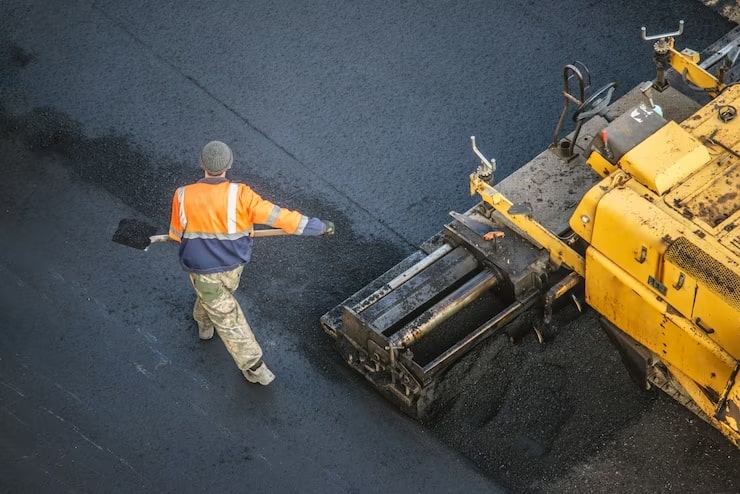


In an era of increasing natural disasters, the construction industry must prioritize resilience. VRC Group, a leading construction company, has developed comprehensive strategies to ensure their projects withstand the forces of nature. This blog delves into how VRC Group prepares for natural disasters, focusing on their innovative techniques and commitment to safety and durability.
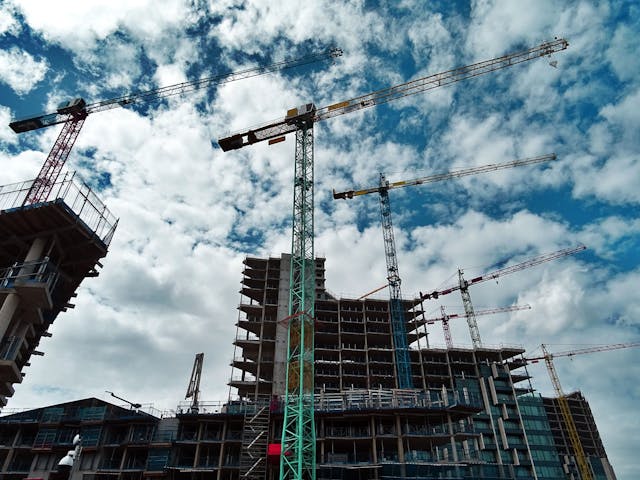
Natural disasters such as earthquakes, hurricanes, floods, and wildfires pose significant threats to buildings and infrastructure. The ability of a structure to withstand these events is critical not only for the safety of its occupants but also for minimizing economic losses and ensuring rapid recovery. VRC Group recognizes this need and integrates resilient construction practices into every project.
Before commencing any project, VRC Group conducts thorough site analyses. This process involves evaluating the geographical and environmental conditions of the location, such as soil stability, flood plains, seismic activity zones, and weather patterns. By understanding the specific risks associated with a site, VRC Group can tailor their construction methods to mitigate potential hazards.
VRC Group employs a variety of risk mitigation strategies based on the identified threats. For instance, in areas prone to earthquakes, they incorporate seismic design principles that allow buildings to absorb and dissipate energy, reducing the impact of tremors. In flood-prone regions, they design elevated structures and efficient drainage systems to prevent water damage.
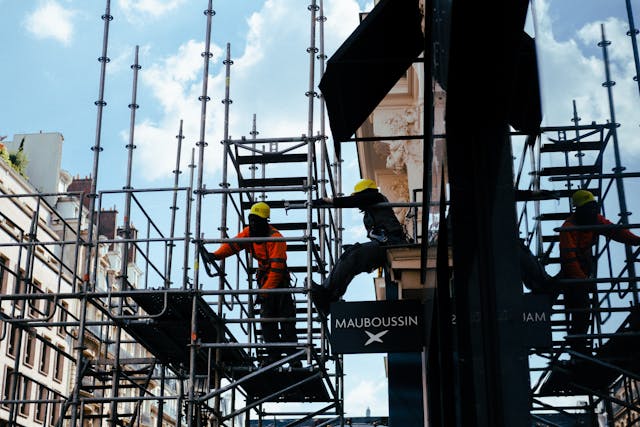
To enhance earthquake resilience, VRC Group utilizes advanced seismic-resistant design techniques. These include base isolators, which act as shock absorbers between the building and its foundation, and flexible frames that sway with seismic waves instead of resisting them rigidly. These features significantly reduce the likelihood of structural failure during an earthquake.
In regions susceptible to flooding, VRC Group incorporates design elements that prevent water intrusion. This includes the use of waterproof materials, elevated foundations, and strategically placed barriers. Additionally, they implement landscape engineering solutions like retention basins and green roofs to manage stormwater effectively.
For areas exposed to high winds and hurricanes, VRC Group designs buildings with aerodynamic shapes and reinforced exteriors. Techniques such as anchoring systems, impact-resistant windows, and reinforced concrete provide additional protection against wind-related damage. These measures ensure that structures can withstand the intense pressures and flying debris associated with severe storms.
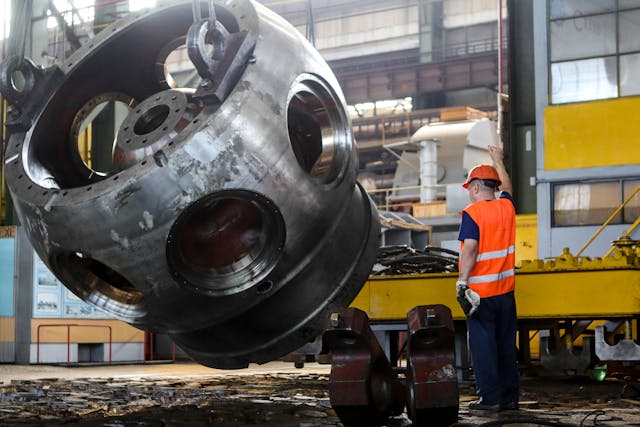
VRC Group selects high-performance materials known for their durability and resilience. These include high-strength concrete, steel with enhanced tensile properties, and composite materials that offer superior resistance to environmental stressors. Using such materials increases the longevity and robustness of their projects.
Incorporating smart building technologies is another way VRC Group enhances resilience. Sensors and monitoring systems embedded in structures can detect and respond to environmental changes in real-time. For example, flood sensors can activate pumps to remove water, and structural health monitoring systems can alert maintenance teams to potential weaknesses before they become critical issues.
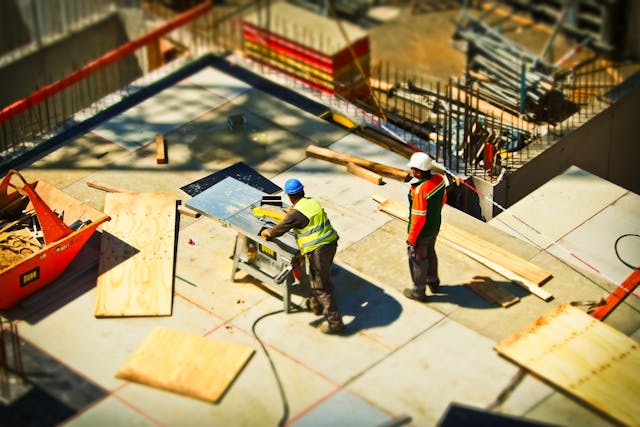
VRC Group ensures that their workforce is well-trained in the latest construction techniques and safety protocols. Regular training sessions and workshops keep employees updated on best practices for building resilient structures. This emphasis on education helps maintain high standards of safety and quality on all projects.
In addition to construction practices, VRC Group emphasizes emergency preparedness. They develop detailed emergency response plans for each project, including evacuation procedures, communication protocols, and resource management strategies. By preparing for emergencies in advance, they can minimize risks and respond effectively when disasters strike.
VRC Group collaborates closely with local authorities and community stakeholders to ensure their projects align with regional safety standards and disaster response plans. This partnership facilitates the sharing of vital information and resources, enhancing the overall resilience of the built environment.
Educating the public about resilient construction and disaster preparedness is another important aspect of VRC Group’s approach. They conduct outreach programs and workshops to raise awareness about the benefits of resilient building practices and how individuals can protect their properties and communities from natural disasters.
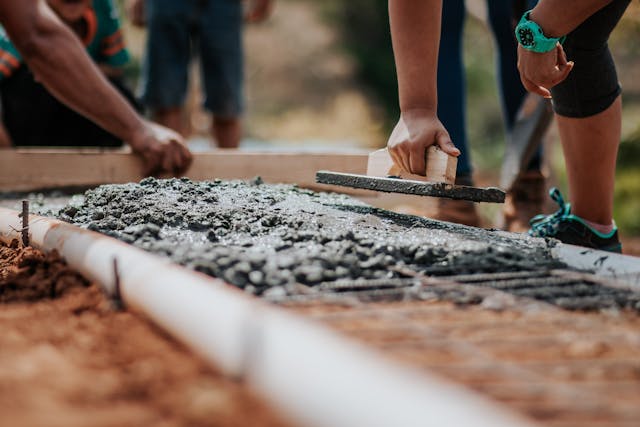
One notable project is the construction of earthquake-resistant housing in a seismic zone. VRC Group utilized base isolation technology and flexible structural frames to create homes that can withstand significant tremors. This project not only provided safe housing for residents but also set a benchmark for future developments in the region.
In a coastal area prone to flooding, VRC Group designed and built flood-resilient infrastructure, including elevated roads, bridges, and residential buildings. By integrating advanced drainage systems and using waterproof materials, they ensured that the infrastructure could endure severe weather conditions, safeguarding the community from the impact of floods.
VRC Group’s construction of a wind-resistant commercial complex in a hurricane-prone region showcases their expertise in handling extreme weather challenges. The complex features aerodynamic design, reinforced structures, and impact-resistant materials, making it capable of withstanding the intense winds and flying debris associated with hurricanes. This project not only ensured the safety of occupants but also minimized potential economic losses.
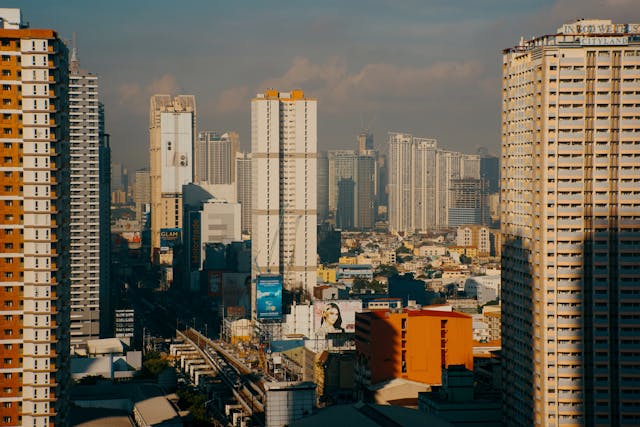
VRC Group remains committed to advancing resilient construction practices through continuous innovation and research. They actively explore new materials, technologies, and design methodologies to enhance the resilience of their projects. By staying at the forefront of industry developments, they can adapt to emerging challenges and provide cutting-edge solutions.
As climate change continues to impact the frequency and intensity of natural disasters, VRC Group integrates climate adaptation strategies into their projects. This includes designing for rising sea levels, increasing temperatures, and more frequent extreme weather events. By anticipating these changes, they can build structures that are prepared for future environmental conditions.
VRC Group collaborates with global experts and organizations to exchange knowledge and best practices in resilient construction. This international perspective allows them to incorporate diverse insights and stay informed about the latest advancements in the field. Through these partnerships, they contribute to the global effort to build more resilient communities.
Building resilience into large-scale construction projects is essential for safeguarding communities and ensuring the longevity of structures. VRC Group’s comprehensive approach to resilience—encompassing detailed planning, innovative construction techniques, advanced materials, and robust safety protocols—demonstrates their dedication to creating buildings that can withstand the forces of nature. By prioritizing resilience, VRC Group not only enhances the safety and durability of their projects but also contributes to a more sustainable and secure built environment for future generations.
Contact Info 2023 vrcgroup. All Rights Reserved.